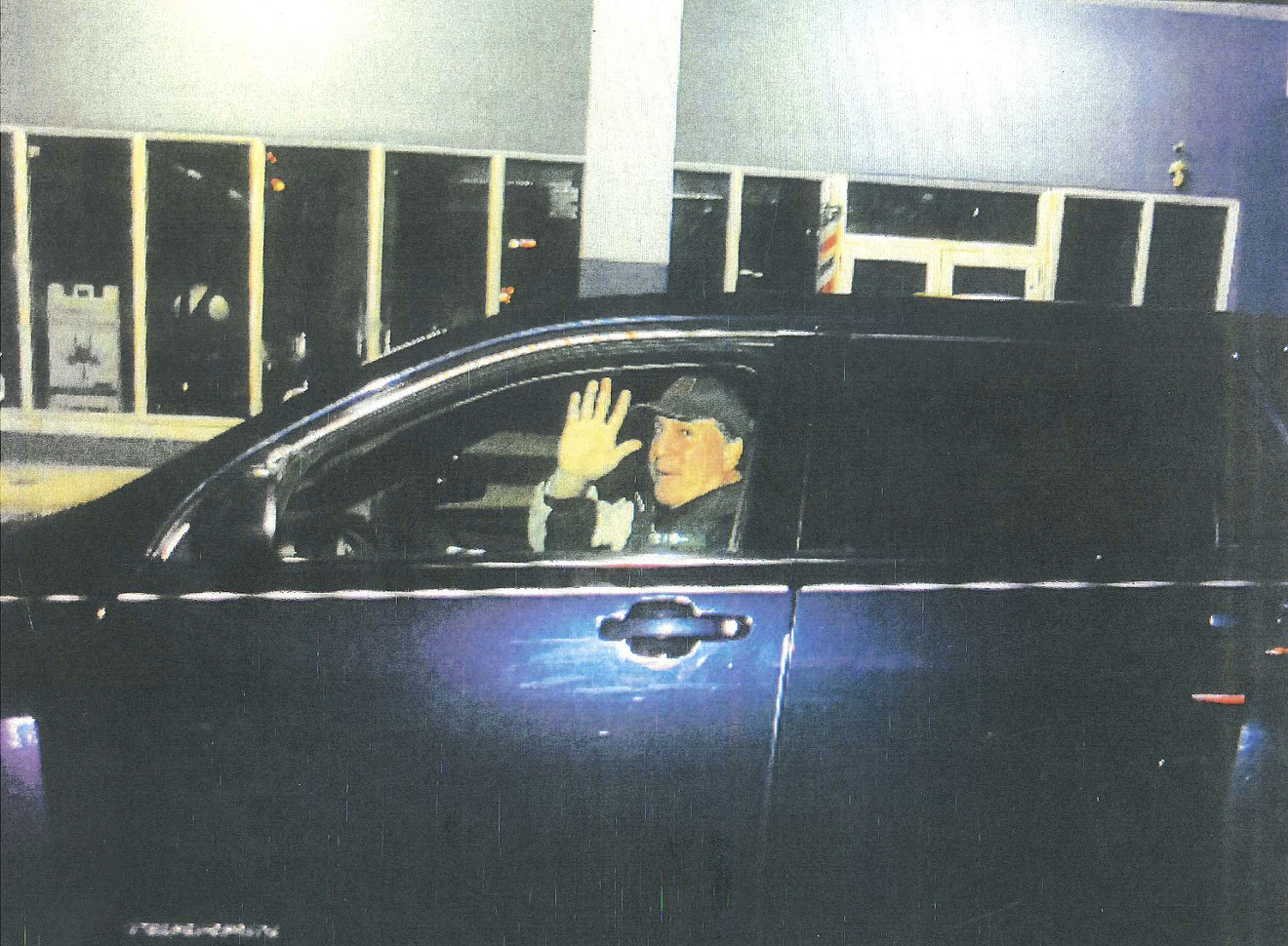Though the city closed the lots, it was eventually forced to allow them to reopen because they were effectively identical to those at the city-owned Orange Bowl.
"This is just basic, vindictive politics," Barreto fumed to the Miami Herald in 1996. "It's all promoted by Joe Carollo. This is not a nice message the City of Miami is sending here."
In hindsight, the incident is nearly identical to one that's dogging Carollo today. You know Joe: He served as mayor in the '90s, earned the nickname "Loco Joe," avoided jail time for allegedly clocking his wife in the head, and lost a reelection bid in 2001. He then rode back into office in November 2017. Now, as city commissioner once again, he's accused of using city code-enforcement officers to shut down a valet parking lot used by Little Havana's famed bar Ball & Chain.
The reason? Ball & Chain's owners say Carollo is attacking them because they let his 2017 election opponent, Alfie Leon, use one of their properties to hold a campaign rally. According to a massive trove of documents New Times first reported on this week, Carollo's own aide, Stephen Miró, says he was instructed to lie to the county ethics commission in order to attack Ball & Chain's co-owner, Bill Fuller. (Carollo maintains that Miró is, in fact, the liar.) Carollo also admitted he drove around Ball & Chain's parking lots at night in a private car.
Other evidence of his obsession with Fuller and his club:
- Last December, someone called the city's code-compliance department to report that Fuller's company Christmas party at Little Havana's Tower Hotel was over capacity and full of "illegal drugs." A code officer then scoped out the party and found neither. Carollo acknowledges passing by the hotel but denies calling code enforcement. Indeed, the call came from noted Carollo ally Mary Lugo, who works for the AFSCME union.
- On February 18, Carollo told a City of Miami fire inspector that a food truck on Fuller's property was selling "rotten food." Inspectors instead found the truck clean and "brand-new," with no spoiled products.
- Fuller himself photographed Carollo, wearing a windbreaker and cap pulled down over his eyes, sitting in a car idling outside a Ball & Chain valet lot around midnight this past March. (See above.)
Elsewhere, Carollo has tried to smear Fuller and his business partners as "money launderers" with ties to Cuban military agents, Venezuelan guerrillas, and communist sympathizers. Fuller told the ethics commission that the claims were hogwash and amounted to libel.
Fuller filed his ethics complaint against Carollo this past March but withdrew it in August. The commissioner says the withdrawal shows that Ball & Chain's co-owner was lying about the whole thing, but Fuller's lawyers instead told the ethics board that they have uncovered more evidence against Carollo and that Fuller's camp will likely file a civil lawsuit against the commissioner or refer him to law enforcement. Carollo's legal team has not responded to repeated requests for comment from New Times. His lawyer, Ben Kuehne, has been provided copies of the old Herald stories in question.
In an investigation New Times detailed Tuesday, the ethics board spoke with 24 people, including Carollo and Fuller. City employees and witnesses said Carollo repeatedly instructed officials to concentrate on Calle Ocho. The city also tried to sue Fuller's company to shut down one of his outdoor markets — but a county judge denied that request in court earlier today. New Times asked City Attorney Victoria Mendez whether Carollo pressured the city to file the injunction. She did not respond.
But Carollo's past actions are nearly identical to what Fuller alleges is happening to him now. According to a series of old dispatches from Herald reporter Joseph Tanfani, Carollo tried to purge the city of political operatives who supported his 1995 election opponent Victor De Yurre. Carollo fired lawyer Chris Korge, a De Yurre supporter who was then serving as the city's lobbyist in Tallahassee and as chairman of the Miami Sports and Exhibition Authority, which owned the Miami Arena. And though Carollo also hunted down parking-lot violations for a few other companies, nobody was hit harder than Barreto, another key De Yurre ally.
In 1996, Carollo pressured then-City Manager Cesar Odio to "enforce the law," the Herald reported.
Similarly, in contemporary interviews with the ethics board, former Assistant City Manager Albert Parjus, ex-Code Enforcement Director Orlando Diez, and multiple lower-level code- and fire-enforcement agents say they received nearly identical instructions from Carollo or members of his team. Lower-level code officers said they were so distressed by Carollo's requests they asked supervisors for guidance.
Ultimately, in 1996, Carollo closed two of Barreto's five lots just before a Miami Heat game against the Philadelphia 76ers. In total, Barreto operated about 300 spots for $8 to $10 per car. At the time, the Herald dubbed the crackdown "highly unusual."
But the following month, the city commission voted 3-2 to let Barreto reopen his lots after the lobbyist noted the city itself owned allegedly illegal parking facilities. Carollo, fuming, said he was simply trying to rid the city of fat cats who were abusing their influence over the government.
"I'm just trying to clean things up," Carollo said that year. "Any average citizen could not come up here like Rodney." In the meantime, Carollo wound up being named chairman of the authority that ran the Miami Arena.
Barreto, who remains a prominent lobbyist in the Miami area, declined to comment to New Times today.












